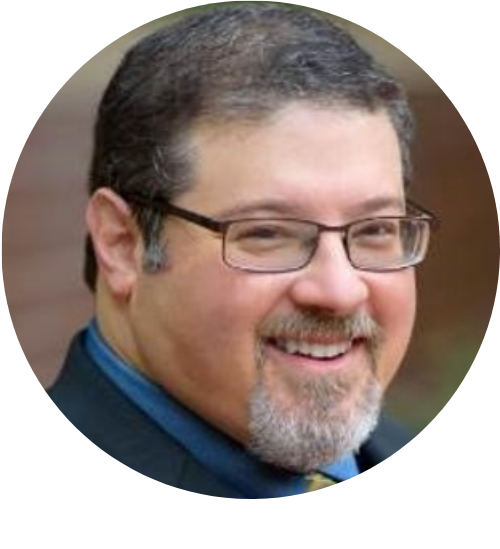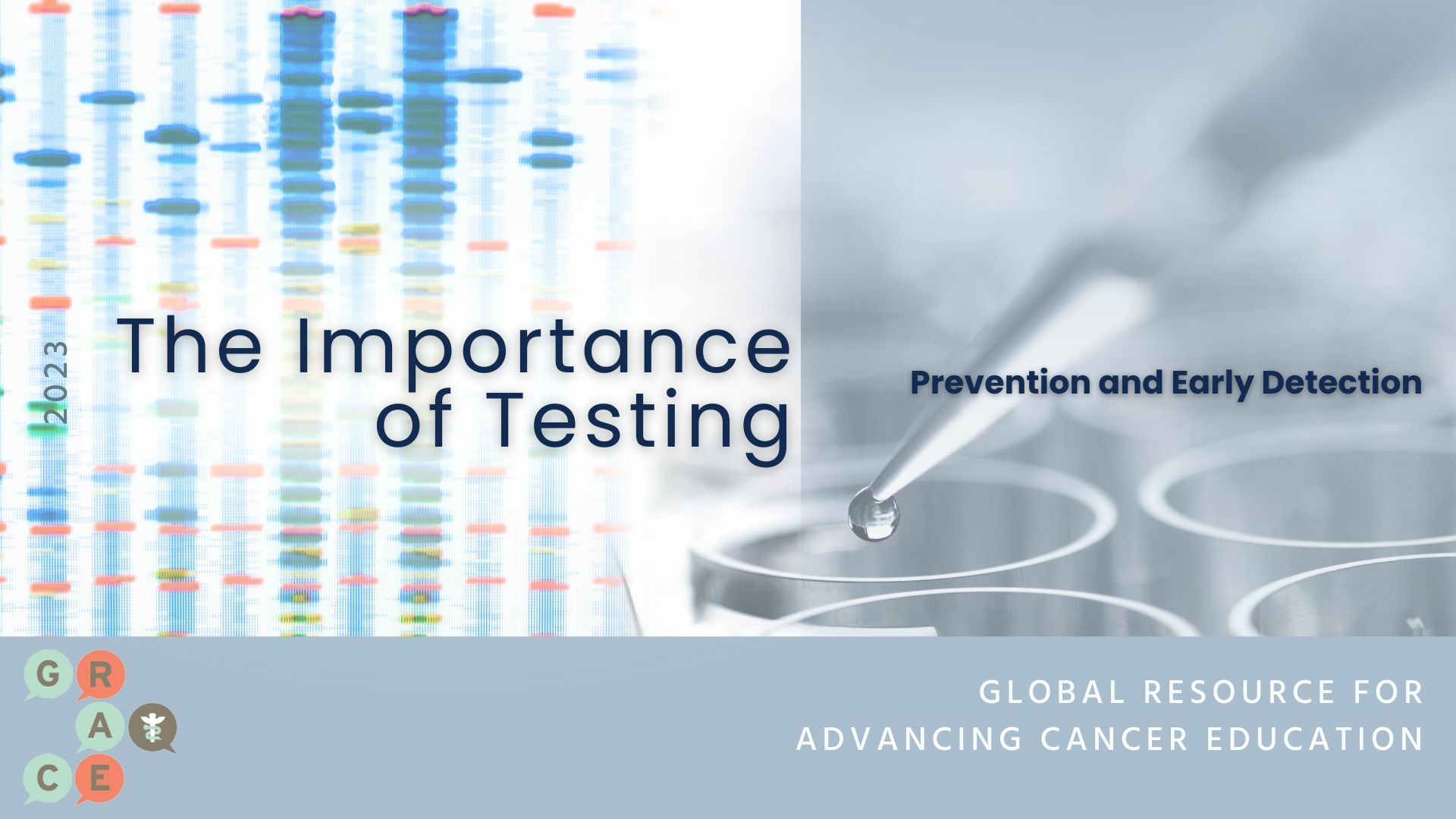Article and Video CATEGORIES
It has been a long time since we've talked about Nexavar (sorafenib), an oral anti-angiogenic targeted therapy that works as a "multi-kinase inhibitor" and is FDA approved in some other cancers such as renal cell and liver cancer. In lung cancer, some small, early research done years ago revealed that it has activity in at least a minority of patients with advanced NSCLC. Since then, it showed no benefit in combination with first line chemo in the ESCAPE trial, showed some promise in KRAS mutation-positive advanced NSCLC (though later work failed to validate this observation), and again showed activity as a single agent for at least some patients with previously treated advanced NSCLC. But at the annual conference of the European Society for Medical Oncology (ESMO), just recently held in Vienna, the results of a larger randomized MISSION trial of Nexavar with supportive care vs. placebo with supportive care as third or fourth line treatment for advanced NSCLC revealed no benefit for overall survival. However, the subset of patients with an EGFR mutation demonstrated a survival benefit from Nexavar.
Results from the randomized trial are summarized here. Briefly, 703 patients with previously treated advanced NSCLC were randomized to best supportive care along with either the standard dose of Nexavar at 400 mg by mouth twice daily, or placebo on the same schedule. Though the patients receiving Nexavar had a significantly better response rate (P < 0.001), disease control rate (significant tumor shrinkage or stable disease) (P < 0.001), and progression-free survival ( (P < 0.0001), there was no improvement in the primary endpoint of overall survival.
However, almost exactly half of the patients enrolled on the MISSION trial had EGFR and KRAS mutation data available from tumor tissue or serum samples. Among that group, 26% of patients had an EGFR mutation, and a KRAS mutation was seen in 20%, and the frequency of these mutations was balanced between the two arms.
While this analysis showed no difference in outcomes with Nexavar in the patients with a KRAS mutation, the results were very different among the 89 patients with an EGFR mutation. In that group, there was an approximately four-fold higher probability of patients on Nexavar not progressing at a given time point (HR 0.27; P <0.001), and an approximately two-fold higher probability of them being alive at a given time point (HR 0.48; P = 0.002); the median overall survival was than doubled in the Nexavar arm (423 days vs. 197 days).
These results are definitely favorable, but it's important to note that the positive results are still in just a few dozen patients -- a definitive answer will require a prospective trial of only EGFR mutation-positive patients. Even if that trial is done, results won't be available for years. In the meantime, with Nexavar being commercially available already, I suspect I won't be the only oncologist interested in trying to obtain it for my EGFR mutation-positive patients.
What do you think of these results? I suspect that most EGFR mutation-positive patients with an EGFR mutation-positive NSCLC would want to try to obtain Nexavar, but if it isn't covered by an insurer, would it be worth paying several thousand dollars per month for? For those without an EGFR mutation, are these results convincing enough that there isn't a real benefit, or does the improvement in response rate and progression-free survival count for much even if survival isn't improved?
Please feel free to offer comments and raise questions in our
discussion forums.
Forum Discussions
Hi Blaze,
As much as I hate to say it, Welcome back Blaze. It sounds like you're otherwise feeling good and enjoying life which is a wonderful place to be. ...
Waiting for my appointment with oncologist this morning. Thank you for the response. It helps. <3
It sounds like you’re thinking of this in a very appropriate way. Specifically, it sounds like the growth of the nodule is rather modest, though keep in mind that the change...
Hi and welcome to GRACE. I'm sorry your mom is having this difficulty. An indwelling catheter is used when the pleura space continually fills and the catheter is always there to...




